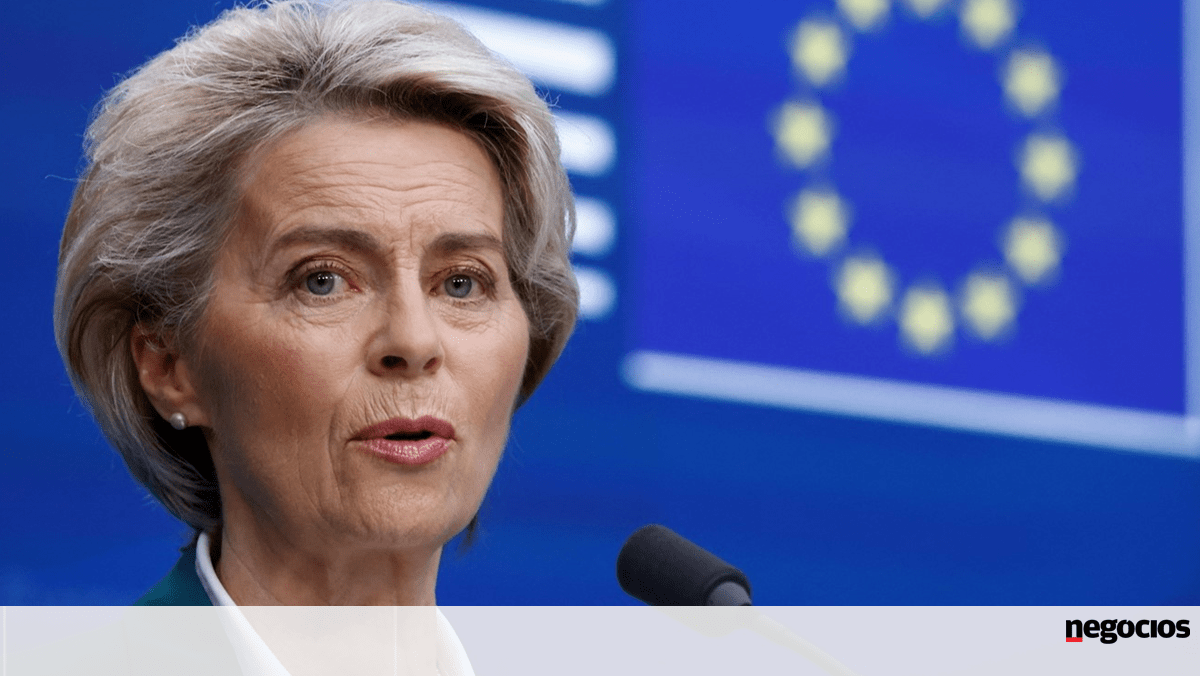The head of the commission justified the accusations of the military exercises that Beijing has conducted in recent weeks, specifically near the border with India and in the Taiwan Strait.
Today, the President of the European Commission criticized China’s “military stance” and “economic coercion policy” and warned member states against Beijing’s “divide and rule” strategy.
“China has strengthened its military position and has also extended a policy of economic coercion, as we have already been able to verify, from Lithuania to Australia,” said Ursula von der Leyen, at the start of the European Parliament session, in Strasbourg. (France).
The Commission President justified the accusations of the military exercises that Beijing has conducted in recent weeks, namely near the border with India and in the Taiwan Strait: “The European Union’s ‘one China’ policy is a long-term policy. We ceaselessly pursue peace and stability in the Taiwan Strait and resolutely oppose any Unilateral change of the status quo, in particular through the use of force. Von der Leyen added that Beijing’s actions show that the country has “turned the page from the era of reform and openness and moved to the era of security and control.”
“It is necessary to recognize – and say – that the actions of the Chinese Communist Party today accompany the long-expounded ambitions to strengthen the country’s strategic position,” the European Commission President concluded before the MEPs.
The sole subject of von der Leyen’s speech was China and what could be – and should be in his view – the relationship of the twenty-seven countries as a whole to Beijing. As he explained to MEPs, von der Leyen conveyed to Chinese President Xi Jinping that there are opportunities to be seized by closer relations with China, but there are also insurmountable red lines, such as “condemnation of human rights abuses in Xinjiang” or the need to Transparency about subsidies to Chinese companies and respect for intellectual property.
For years, the People’s Republic of China has been accused by various NGOs of human rights abuses and even genocide against the mostly Muslim Uyghur population. There are reports of detention in concentration camps and lack of respect for basic rights in a region believed to be home to some 12 million people from this ethnic minority.
Ursula von der Leyen also called for a union of member states against and “strong coordination among European institutions” in order to “endure the PRC’s divide-and-rule strategy”: “The time has come for the EU to show that it is unity that makes us stronger.” To do this, the 27 countries have to “consider economic resilience,” that is, by diversifying and strengthening other supply chains, looking at weaknesses in the European economy and strengthening “key areas — energy, health, pharmaceuticals, food security, and defense capabilities.”

“Hardcore alcohol maven. Hipster-friendly analyst. Introvert. Devoted social media advocate.”

